‘Robust traceability standards’ for all seafood sold in Canada will curb unsustainable practices, fraud, human rights abuses and illegal fishing
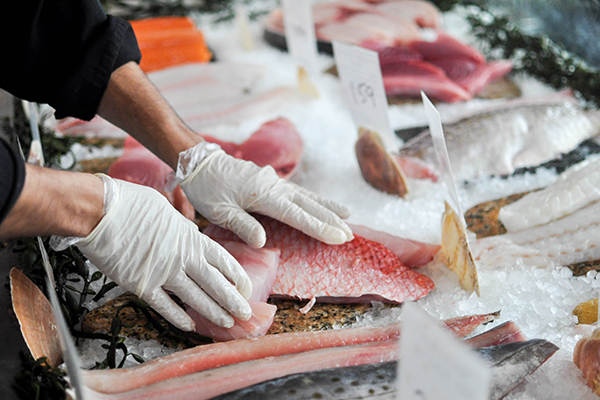
A group of 26 grocery chains, seafood industry stakeholders and experts is calling on the Canadian federal government to create “robust” traceability standards for all seafood sold in Canada.
In a letter, the collective asked the federal government to “commit to an ambitious timeline and plan to fulfil your mandate to implement boat-to-plate traceability for seafood.” It argued that the minimum standards should be expanded to ensure all seafood products are fully traceable from the point of harvest to final sale, including key information about “the who, what, where, when and how of fishing or farming, processing and distribution.”
“Seafood follows a highly complex path from a fishing vessel to people’s plates, with a risk of fraud and mislabelling at every step along the way,” wrote the group in the letter. “In Canada, seafood supply chains lack transparency, which poses health risks, results in millions of dollars lost from the legitimate economy and perpetuates unsustainable production, human rights abuses and destructive illegal, unreported and unregulated fishing.”
With jurisdictions worldwide increasingly requiring electronic data to follow seafood products through the supply chain to safeguard their true identity and point of origin and to ensure legality, the group argued that “Canada is being left behind on seafood traceability.” The signatories expressed concern that no timeline or plan has been put into place to implement a better traceability system, despite the initiative being announced more than two years ago.
Moreover, the group argued that Canadians want seafood transparency: according to a YouGov Plc survey commissioned by SeaChoice in November 2021, 86 percent of Canadians support improved seafood traceability for all products sold in Canada.
“80 percent of the seafood we eat is caught in other parts of the world – including regions that use forced labor and illegal fishing practices,” said Sayara Thurston, Seafood Fraud Campaigner at Oceana Canada. “Canadians, including retailers, want to know where and how their seafood is caught, and they want the federal government to put a robust boat-to-plate traceability program in place to prevent Canada from contributing to these devastating practices.”
Can handheld DNA testing technology stand up to seafood fraud?
The signatories include prominent grocery stores, such as Sobeys, Buy-Low Foods and Save-On-Foods; suppliers such as Ocean Brands, Organic Ocean and Skipper Otto; and environmental groups such as SeaChoice and Oceana Canada. The letter was delivered to the Canadian Food Inspection Agency as part of its recent boat-to-plate seafood traceability consultation.
The call to action is timely, as the House of Commons Standing Committee on Fisheries and Oceans is currently studying seafood traceability in Canada. Specifically, it is looking for ways to support the sustainability and long-term viability of Canada’s seafood supply chains, while combatting fraud, human rights abuses and illegal fishing.
“Boat-to-plate traceability of seafood is central to preventing overfishing and illegal fishing,” said Ian Ricketts, President of Ocean Brands. “To contribute, we can work together to prevent overfishing by eliminating markets for seafood that are not traceable and likely caught illegally or with forced labor. While a lot of work has been done in the past to provide traceability for certain fish species, there is room for more progress to be made to look after our oceans.”
Follow the Advocate on Twitter @GSA_Advocate
Now that you've reached the end of the article ...
… please consider supporting GSA’s mission to advance responsible seafood practices through education, advocacy and third-party assurances. The Advocate aims to document the evolution of responsible seafood practices and share the expansive knowledge of our vast network of contributors.
By becoming a Global Seafood Alliance member, you’re ensuring that all of the pre-competitive work we do through member benefits, resources and events can continue. Individual membership costs just $50 a year.
Not a GSA member? Join us.
Author
Tagged With
Related Posts
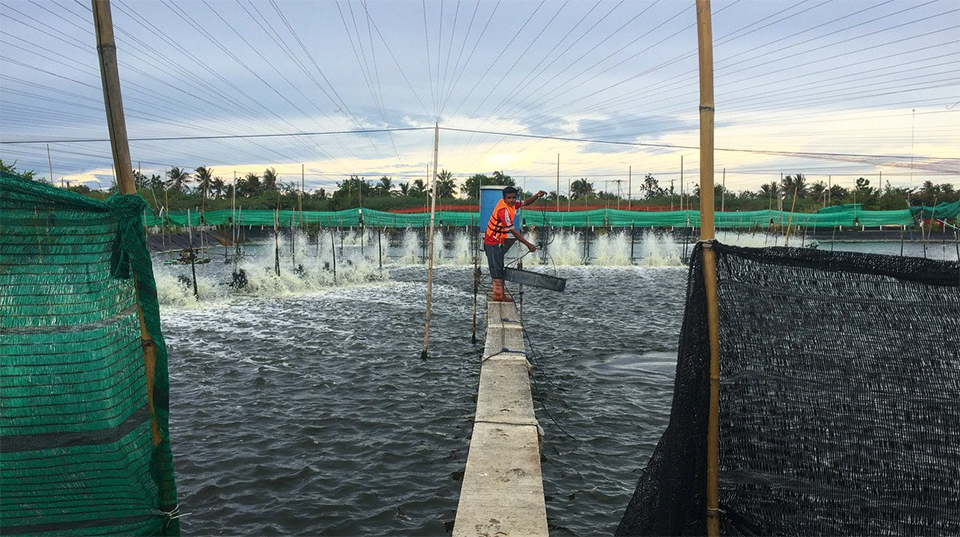
Responsibility
App aims to bring clarity to seafood traceability, social compliance data
For small-scale aquaculture farmers in far-flung regions, creating traceability data can present major challenges, both linguistic and technological. It’s those challenges that VerifiK8 is poised and ready to help solve.
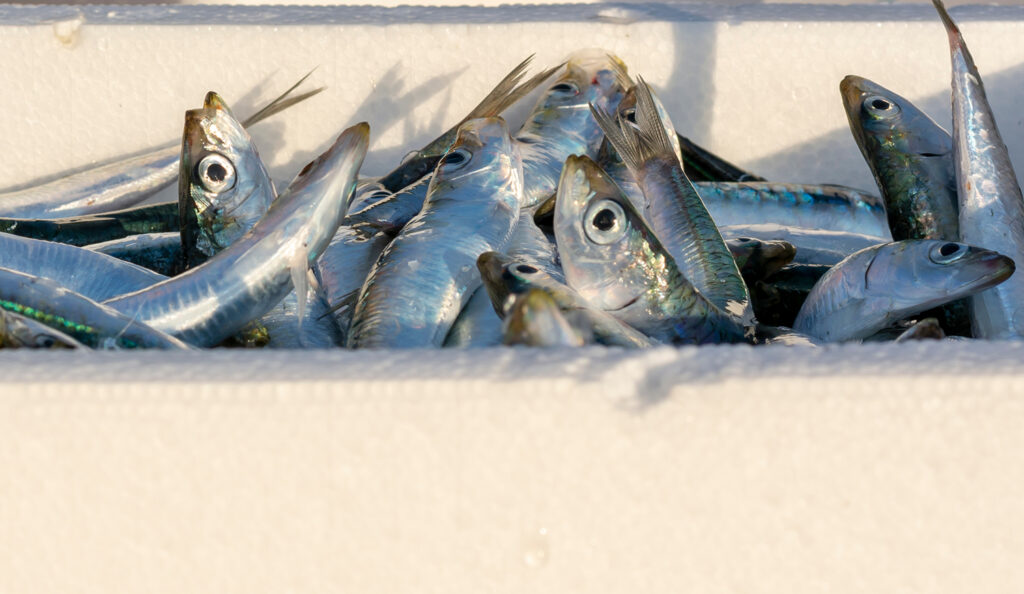
Intelligence
Will proposed FSMA traceability requirements secure or stress the seafood industry?
A proposed change to the Food Safety Modernization Act could improve traceability but be ‘burdensome’ for the seafood industry to implement.
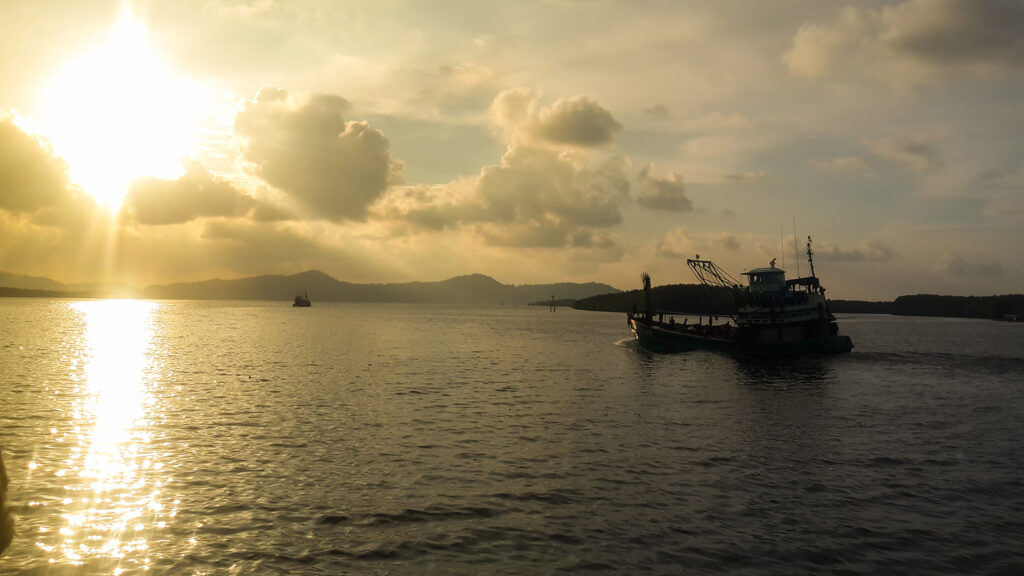
Fisheries
Can a data-sharing tool eliminate IUU fishing and make seafood supply chains more reliable?
The Sustainable Fisheries Partnership’s new data-sharing tool helps users identify environmental risks and eliminate IUU fishing in seafood supply chains.
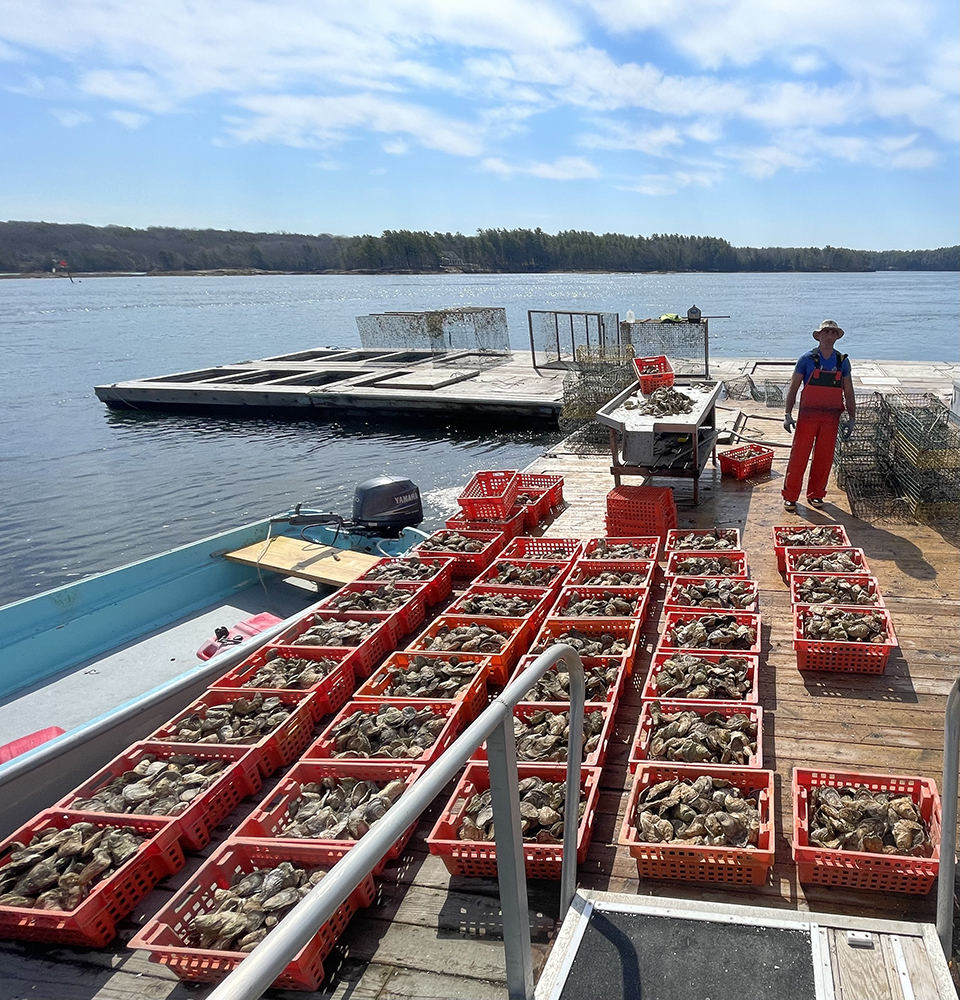
Intelligence
BlueTrace wins $500K NOAA grant for traceability and marketing system
BlueTrace won a $500K grant from the National Oceanographic and Atmospheric Administration to develop an innovative Tide to Table Traceability and Marketing System.



